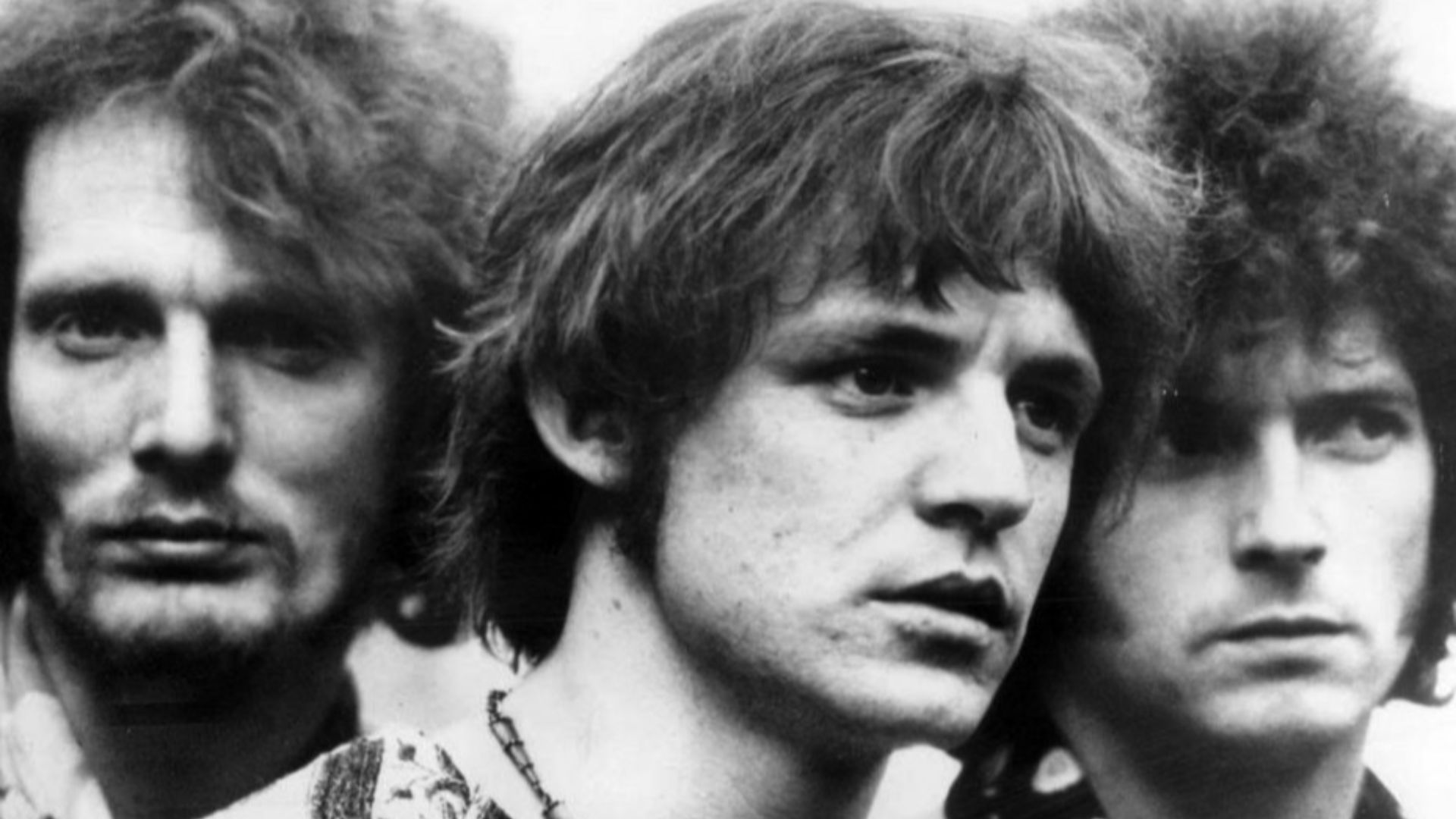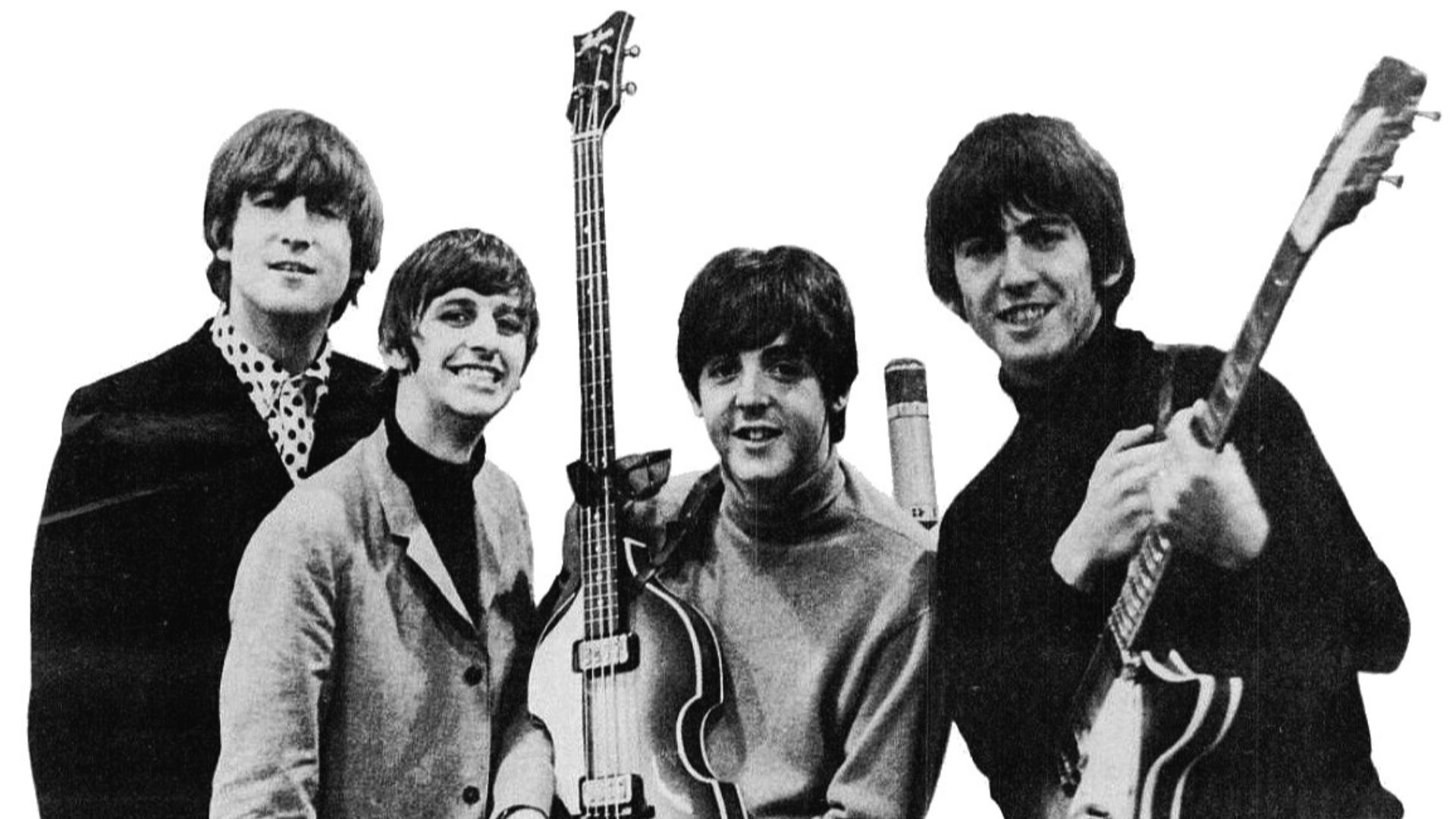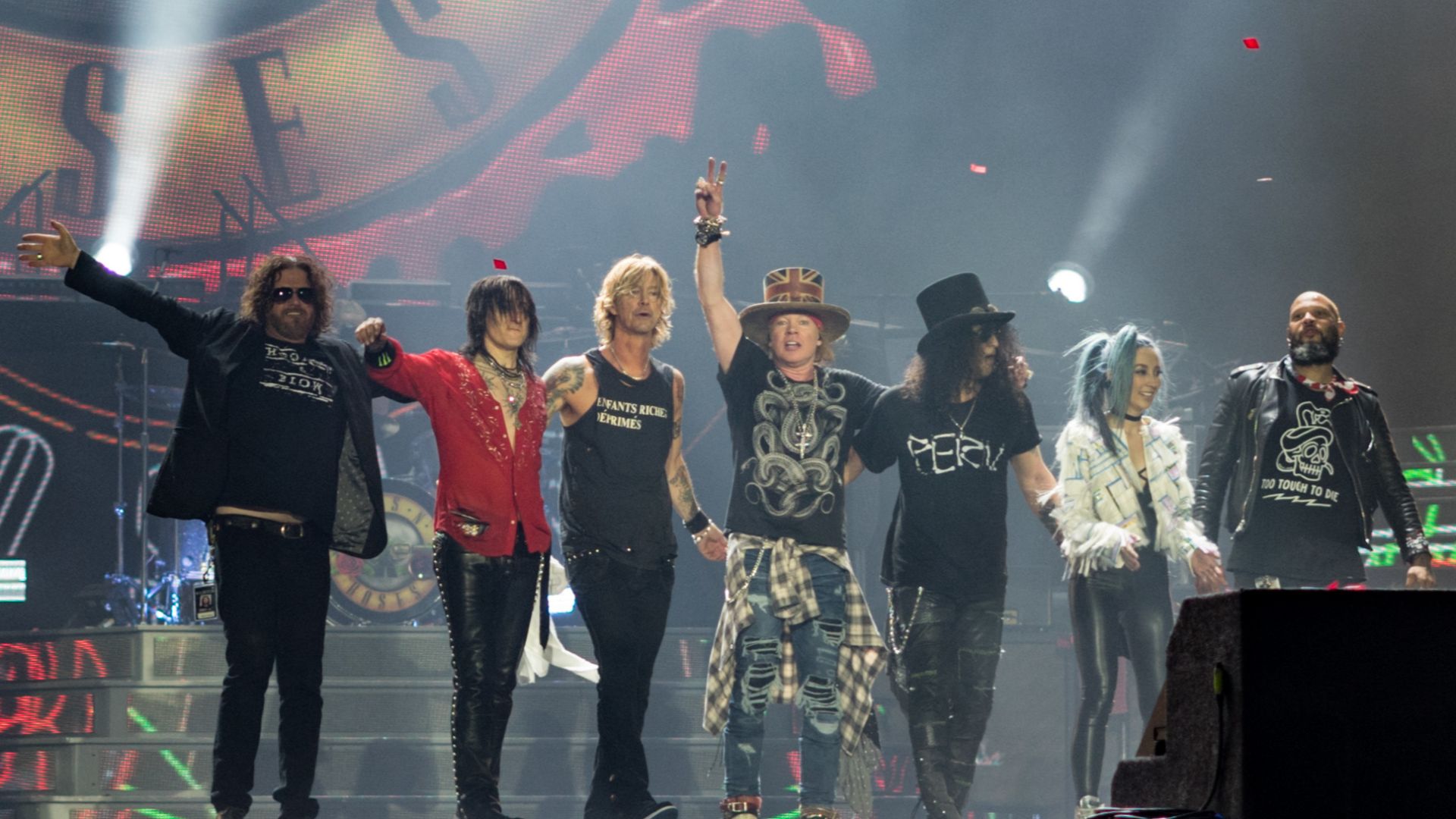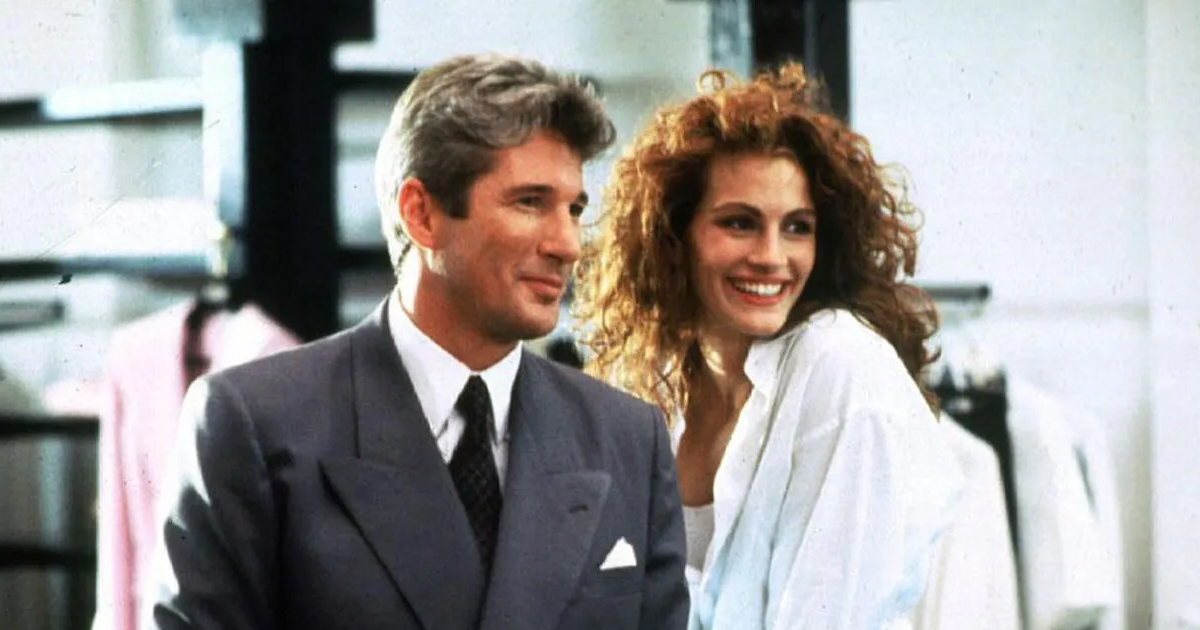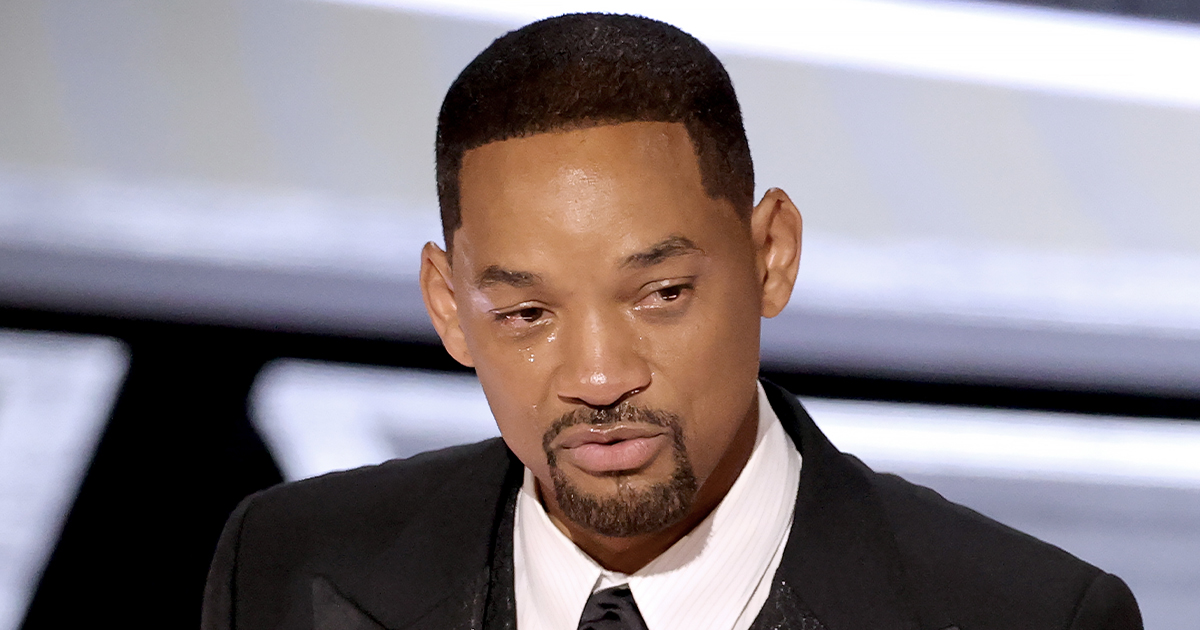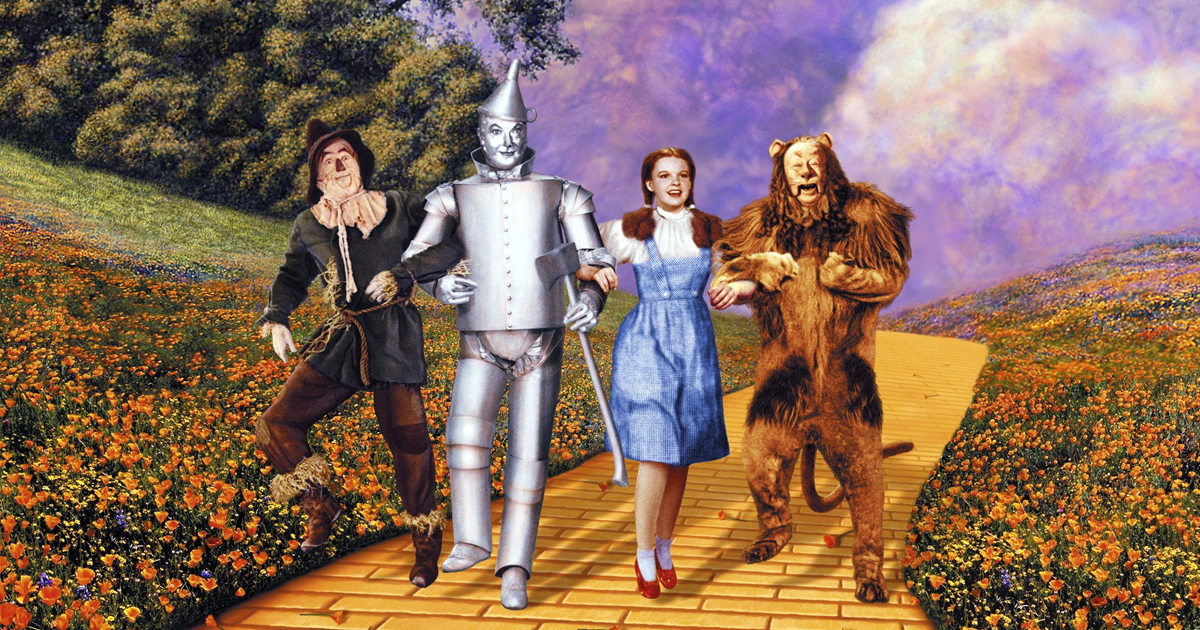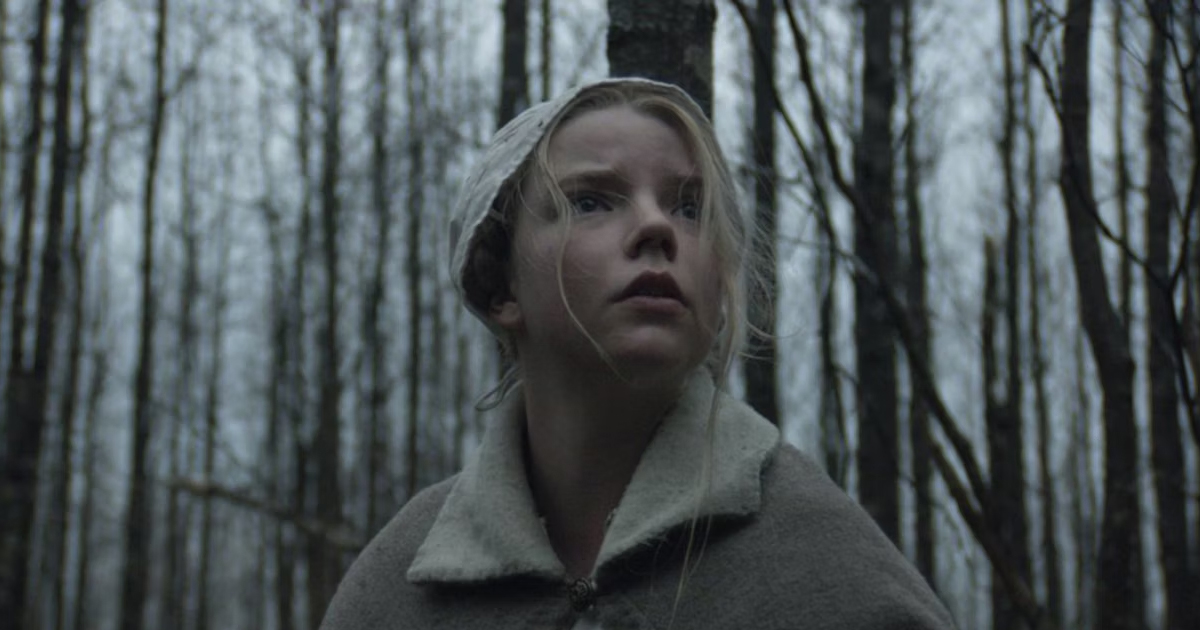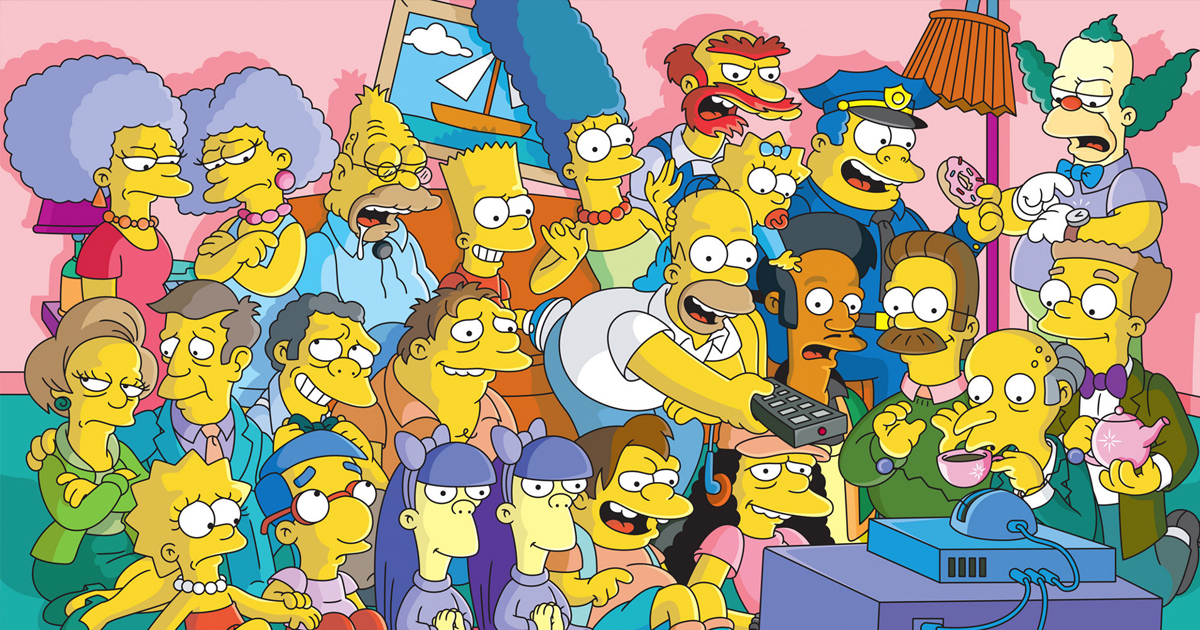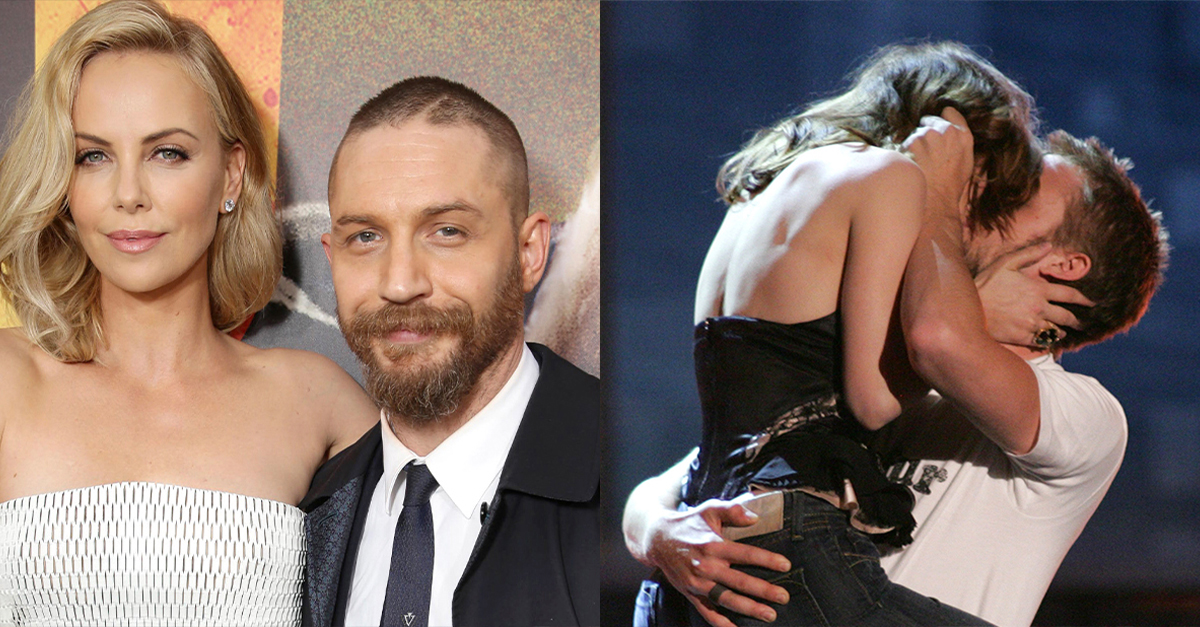When the Last Note Rings Out
There’s nothing quite like a band’s final bow. Whether it’s a breakup, burnout, or an untimely tragedy, farewell concerts often mark the end of a musical era—and sometimes the start of a legend. From rooftop surprises to tearful curtain calls, these are the most unforgettable goodbyes in rock history.
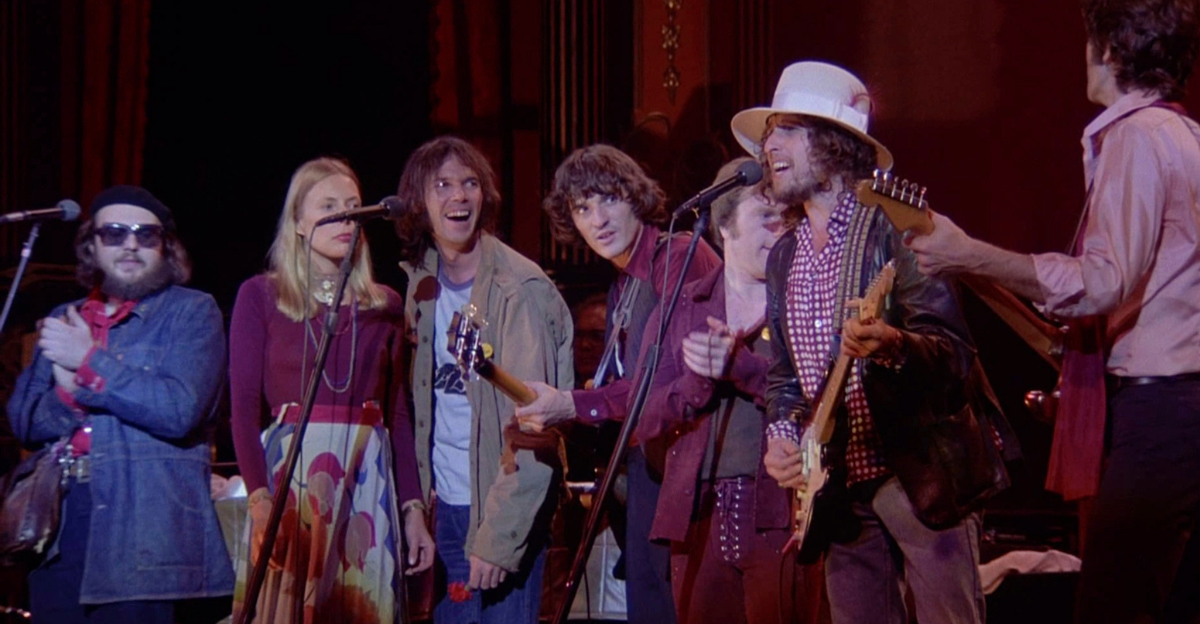 Cream
Cream
Few supergroups have burned as brightly—or as briefly—as Cream. Comprised of Eric Clapton, Ginger Baker, and Jack Bruce, the band helped define the sound of the late ’60s with their explosive mix of blues, rock, and psychedelia. They churned out hits like Sunshine of Your Love and White Room, leaving behind a legacy that outlasted their short-lived run. Despite creative clashes, their musicianship was unmatched, and their influence continues to ripple through modern rock.
Cream—The Curtain Call
On November 26, 1968, Cream gave fans a bittersweet sendoff at London’s Royal Albert Hall. The night was electric—opening acts Taste and Yes primed the crowd before the trio unleashed one last storm of riffs and solos. Though they later reunited briefly in 2005, nothing could match the raw emotion of that farewell night. The performance was filmed by the BBC, forever immortalizing the moment the world’s first true power trio called it quits.
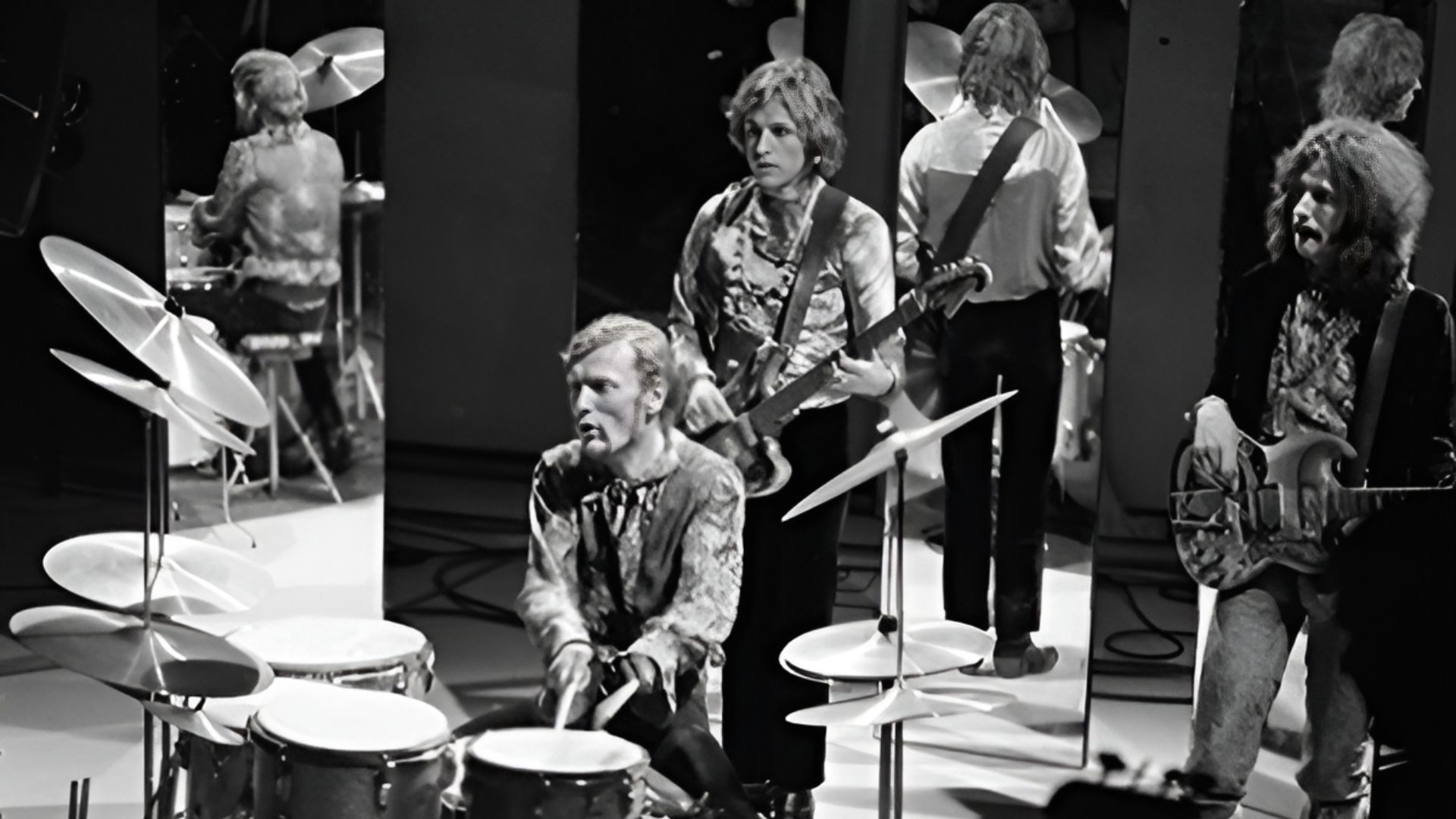 F. van Geelen, Omroepvereniging VARA, Wikimedia Commons
F. van Geelen, Omroepvereniging VARA, Wikimedia Commons
The Beatles
The Beatles had already conquered the world by the late 1960s. John, Paul, George, and Ringo evolved from mop-topped heartthrobs to musical revolutionaries, redefining pop with each record. From Sgt Pepper’s Lonely Hearts Club Band to Abbey Road, their catalog shaped generations of artists and listeners. But even the greatest band in the world couldn’t survive creative tension and fame’s growing weight.
The Beatles—The Curtain Call
On January 30, 1969, the Fab Four climbed to the rooftop of Apple Corps in London and changed music history—again. The impromptu performance lasted just 42 minutes before the authorities shut it down, but its magic was eternal. Captured in the Let It Be documentary, this unannounced concert became a symbol of the Beatles’ charm, rebellion, and unity—even as they drifted apart.
 MediaNews Group/Oakland Tribune, Getty Images
MediaNews Group/Oakland Tribune, Getty Images
Jimi Hendrix
Jimi Hendrix was more than a guitarist—he was a force of nature. Bursting onto the scene in the late ’60s, he redefined what the electric guitar could do with Purple Haze, Voodoo Child, and that jaw-dropping Woodstock rendition of The Star-Spangled Banner. Hendrix’s experimentation and charisma made him both a pioneer and a mystery—gone too soon, but never forgotten.
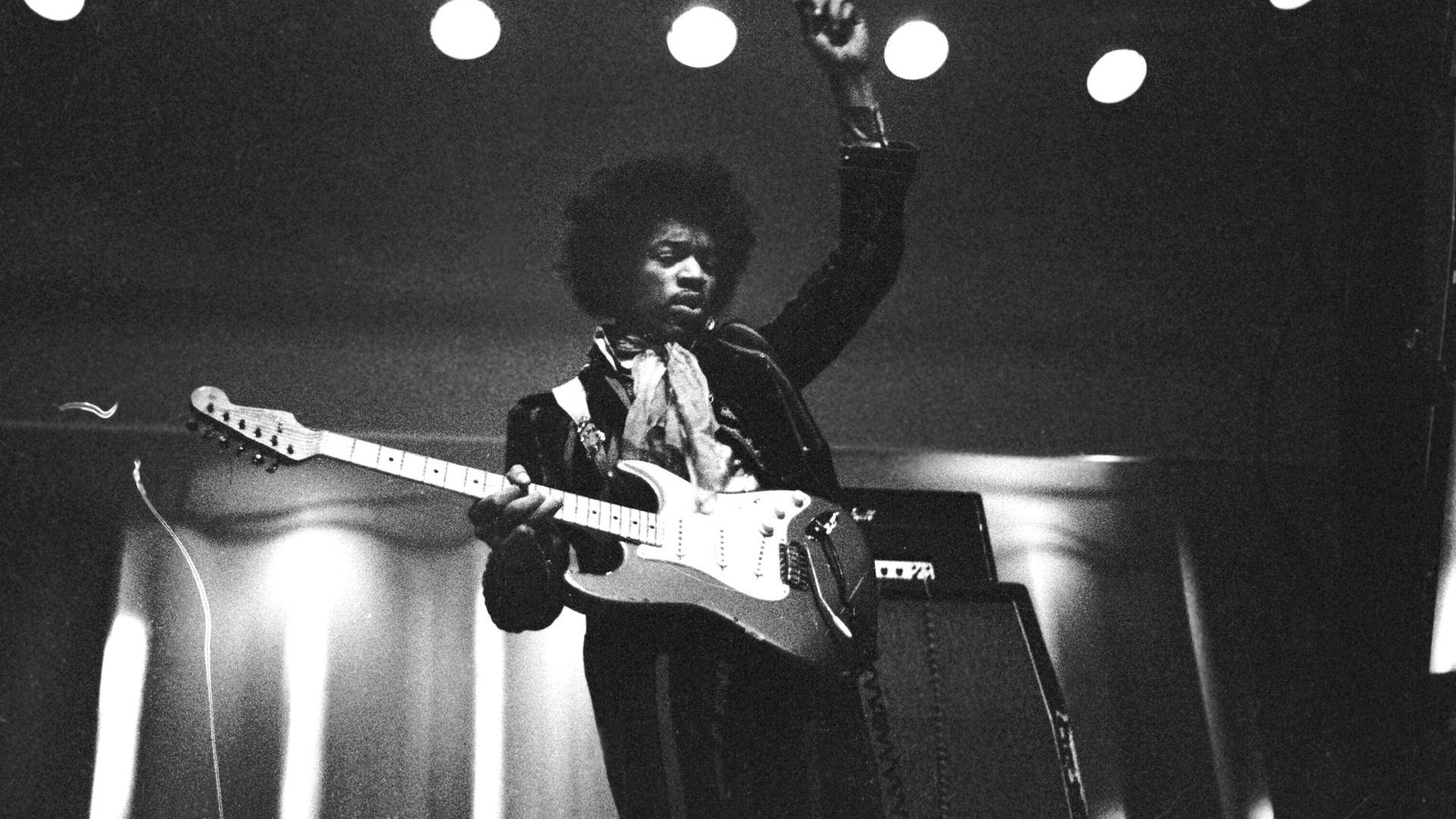 Hannu Lindroos / Lehtikuva, Wikimedia Commons
Hannu Lindroos / Lehtikuva, Wikimedia Commons
Jimi Hendrix—The Curtain Call
On September 6, 1970, Hendrix played his final show at Germany’s Open Air Love & Peace Festival. Joined by his band, he performed a mix of classics and newer material with his signature fire and flair. Just 12 days later, he was gone. The concert would later be released in 2005, a haunting reminder of an artist who could make a single note feel like a revelation.
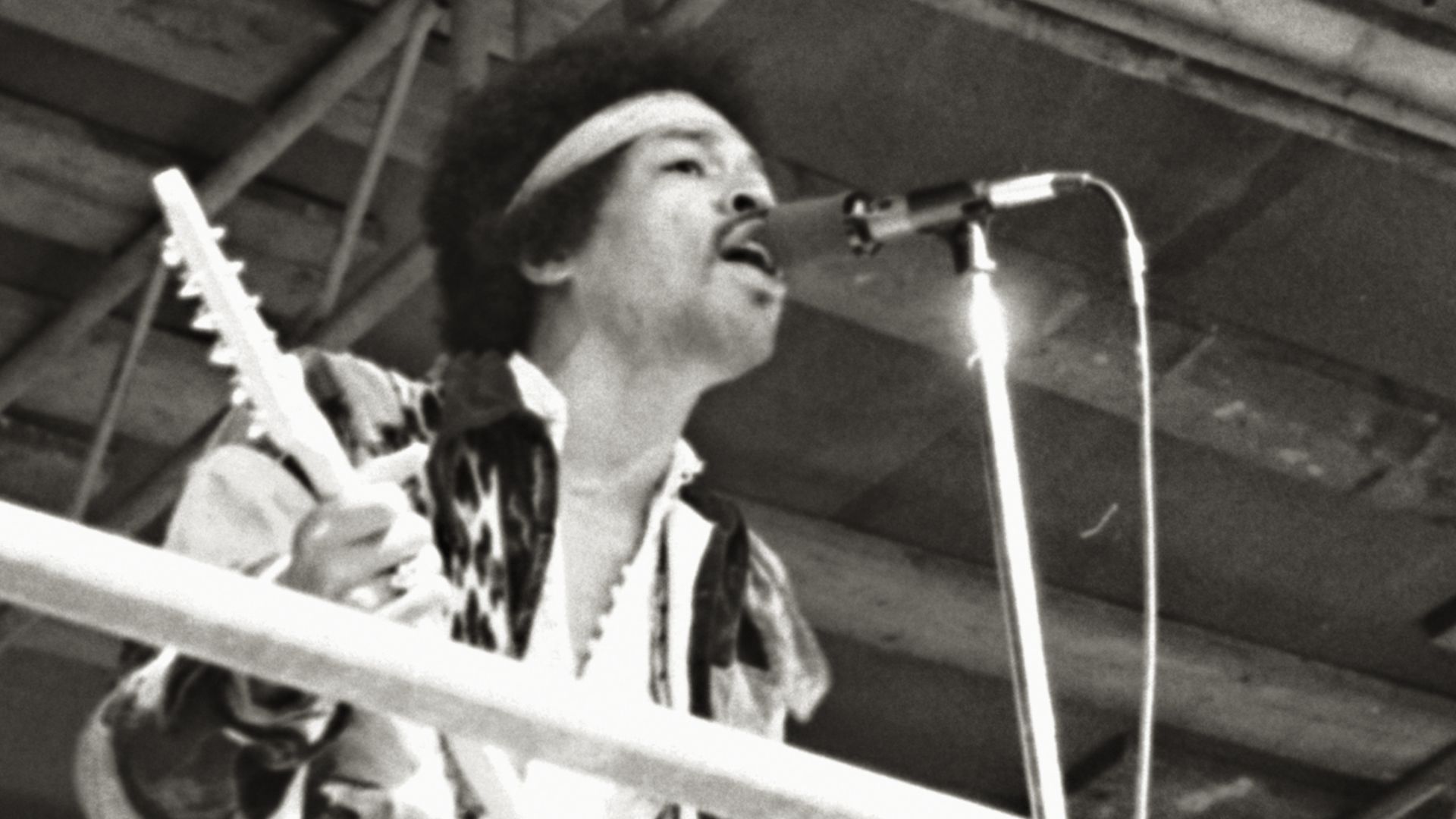 Detlef Hansen, Wikimedia Commons
Detlef Hansen, Wikimedia Commons
The Doors
The Doors embodied chaos, poetry, and raw energy. Jim Morrison’s haunting lyrics and unpredictable stage presence turned songs like Light My Fire and Riders on the Storm into counterculture anthems. Behind the madness was musical brilliance—keyboardist Ray Manzarek, guitarist Robby Krieger, and drummer John Densmore crafted soundscapes that were decades ahead of their time.
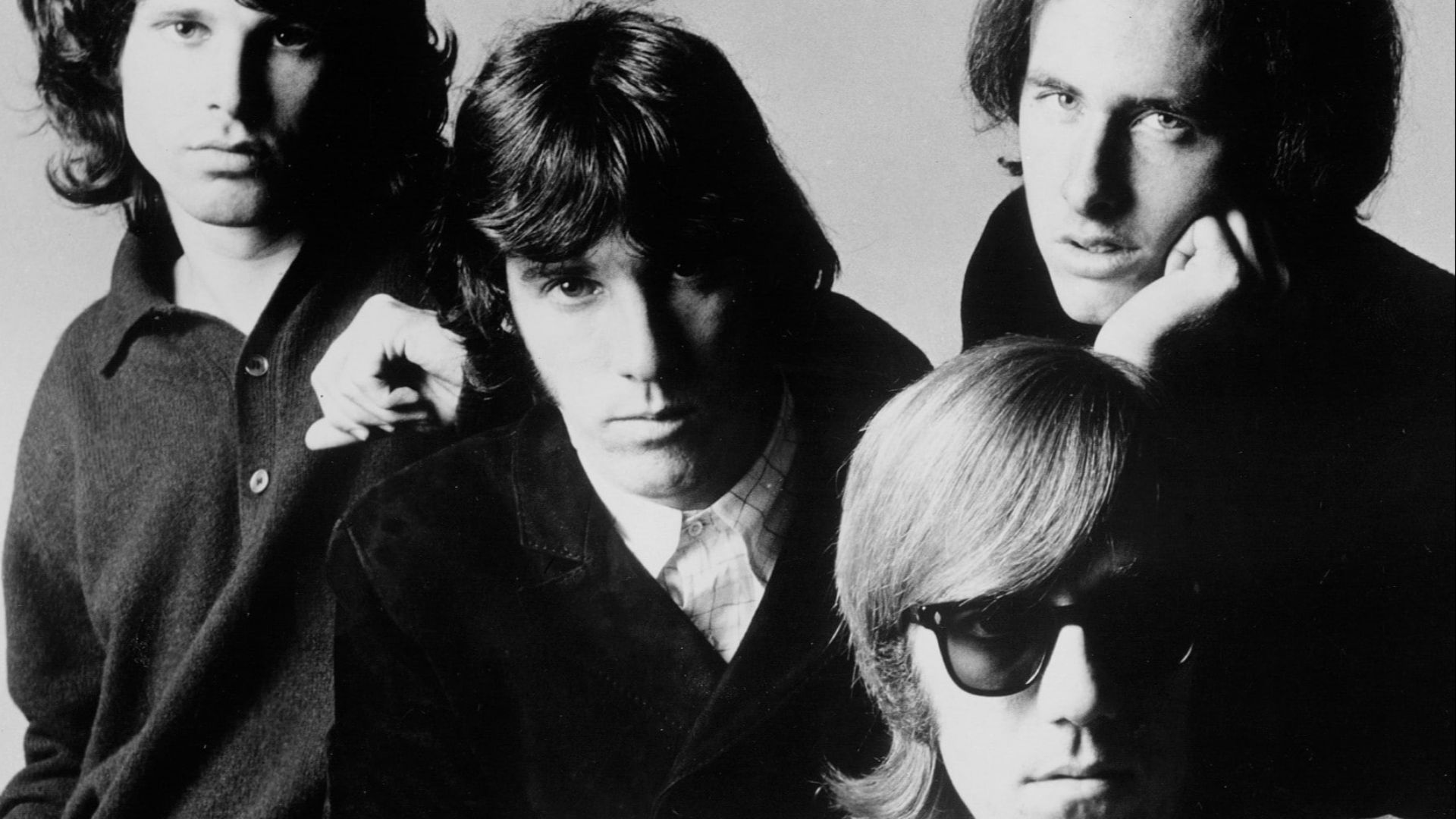 Joel Brodsky; Distributed by Agency for the Performing Arts (APA), Wikimedia Commons
Joel Brodsky; Distributed by Agency for the Performing Arts (APA), Wikimedia Commons
The Doors—The Curtain Call
Their final performance on December 12, 1970, at the Warehouse in New Orleans, was anything but polished. Morrison, clearly unraveling, forgot lyrics and stumbled through the set as his bandmates watched in quiet despair. Three months later, he was found lifeless in Paris. That night marked not just the end of The Doors, but the closing of one of rock’s wildest chapters.
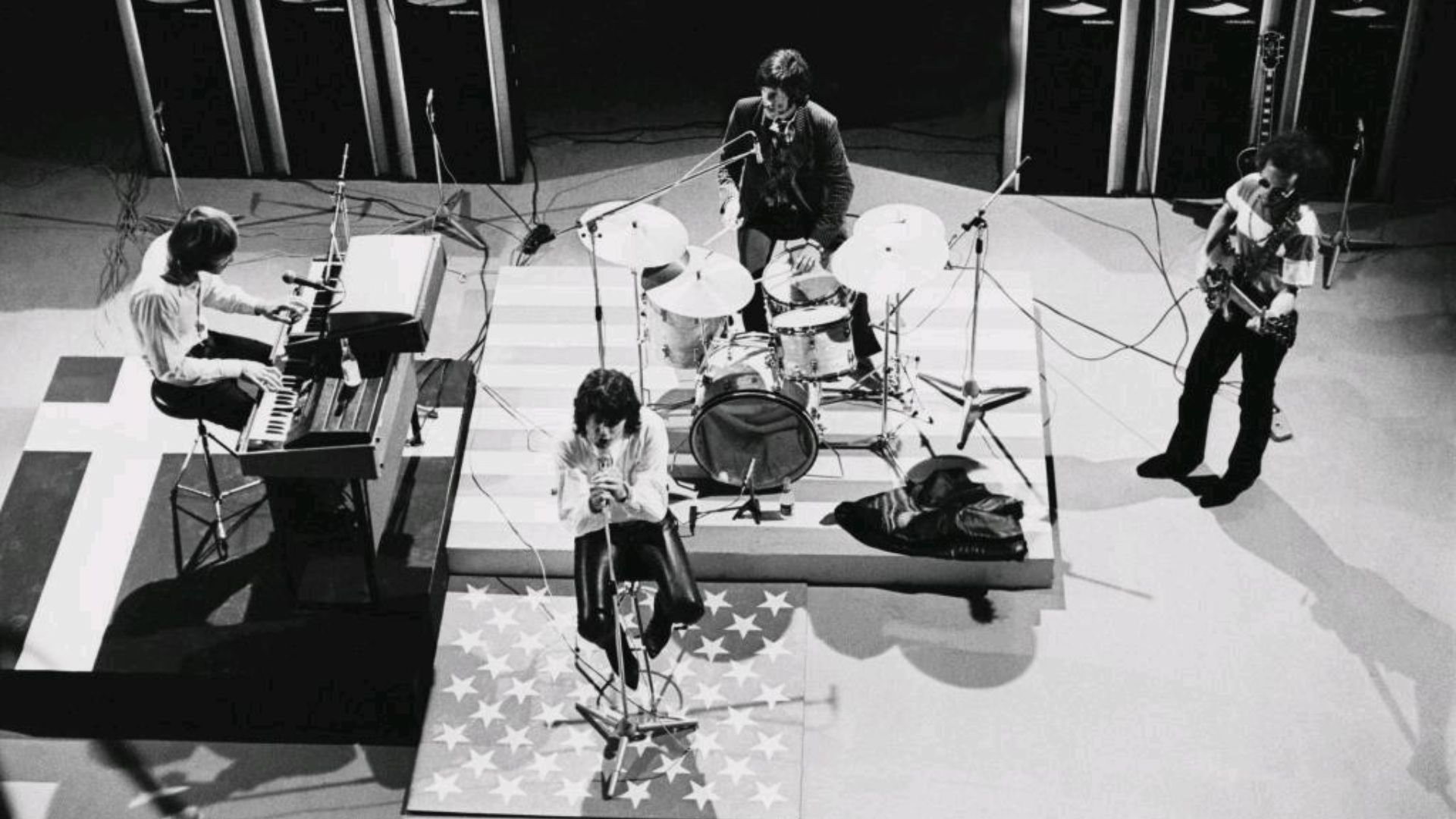 Polfoto/Jan Persson, Wikimedia Commons
Polfoto/Jan Persson, Wikimedia Commons
The Band
Before they were The Band, they were Bob Dylan’s backup group. But by the mid-’70s, Robbie Robertson, Levon Helm, Rick Danko, Richard Manuel, and Garth Hudson had become icons in their own right. With songs like The Weight and Up on Cripple Creek, they built the foundation for what would later be called Americana—an intoxicating blend of rock, folk, and country soul.
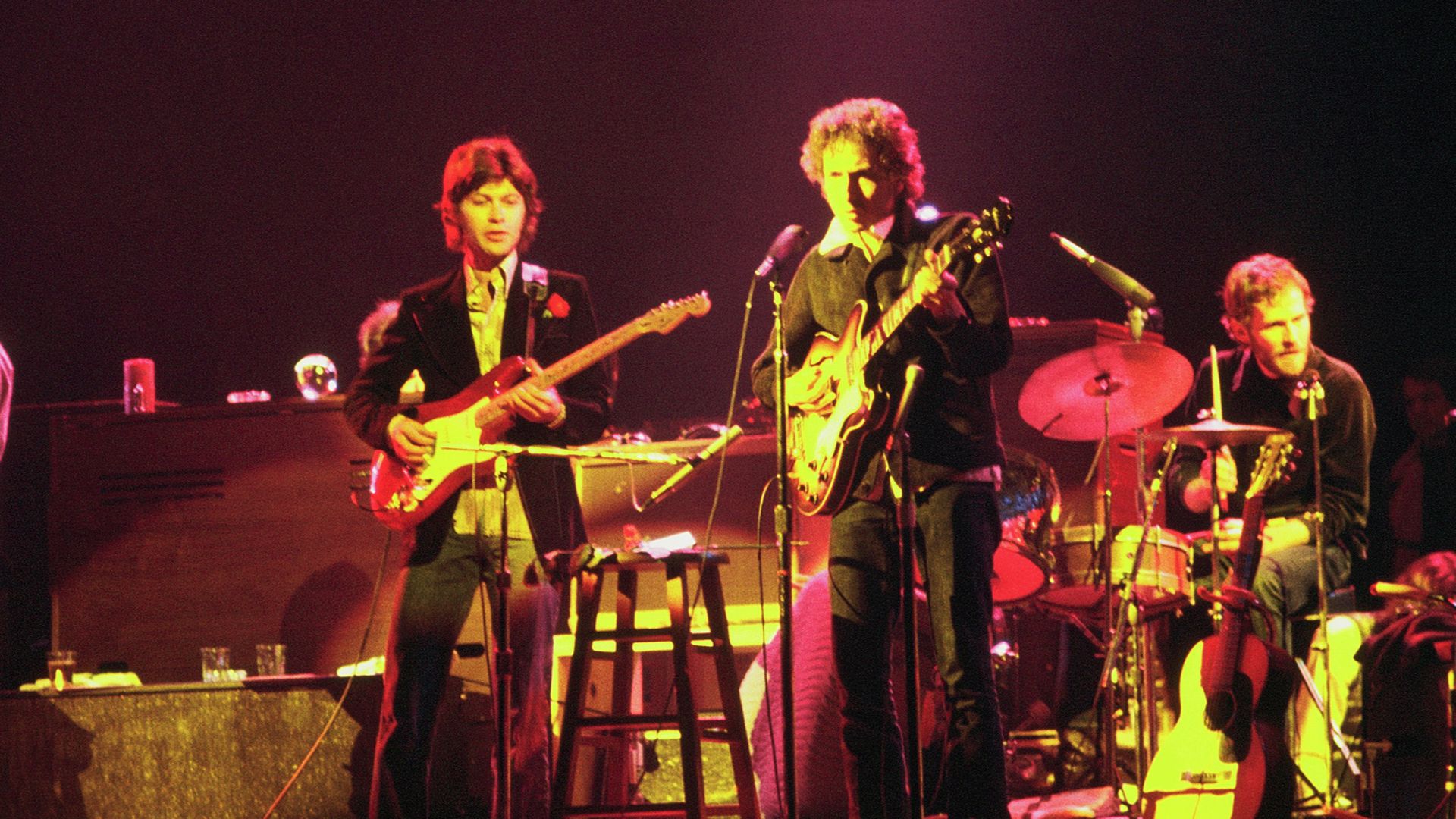 Jim Summaria, Wikimedia Commons
Jim Summaria, Wikimedia Commons
The Band—The Curtain Call
On November 25, 1976, The Band threw one of the most legendary goodbye parties in history. Their farewell concert at San Francisco’s Winterland Ballroom featured guests like Bob Dylan, Van Morrison, and Neil Young. Martin Scorsese turned it into the classic concert film The Last Waltz. Though the band reformed later without Robertson, this show remains their defining moment—a heartfelt, joyous exit drenched in nostalgia.
Lynyrd Skynyrd
Southern rock didn’t have a louder ambassador than Lynyrd Skynyrd. With their triple-guitar attack and defiant attitude, they turned anthems like Free Bird and Sweet Home Alabama into cultural touchstones. The band’s music captured both the pride and pain of the South, mixing soulful melodies with gritty storytelling.
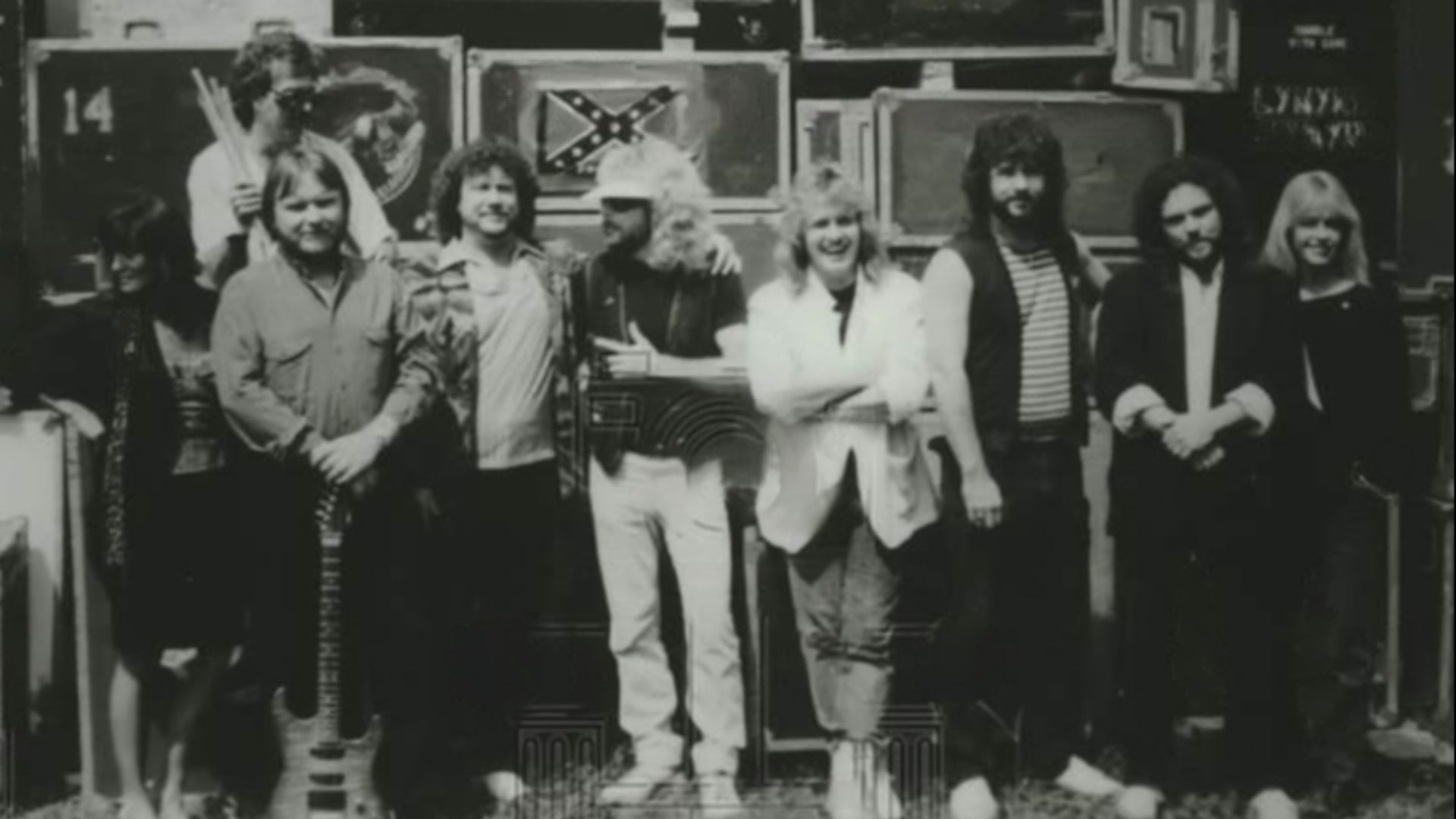 MCA Records, Wikimedia Commons
MCA Records, Wikimedia Commons
Lynyrd Skynyrd—The Curtain Call
Their final show with the original lineup took place on October 19, 1977, at Greenville Memorial Auditorium in South Carolina. Just two days later, tragedy struck—their plane crashed, taking the life of lead singer Ronnie Van Zant and others. The surviving members eventually reunited a decade later, but that last concert now stands as a chilling time capsule of brilliance cut short.
Led Zeppelin
Few bands have loomed as large as Led Zeppelin. The combination of Robert Plant’s ethereal vocals, Jimmy Page’s wizardry, John Paul Jones’s precision, and John Bonham’s thunder made them unstoppable. From Stairway to Heaven to Kashmir, they created music that was as mystical as it was monumental.
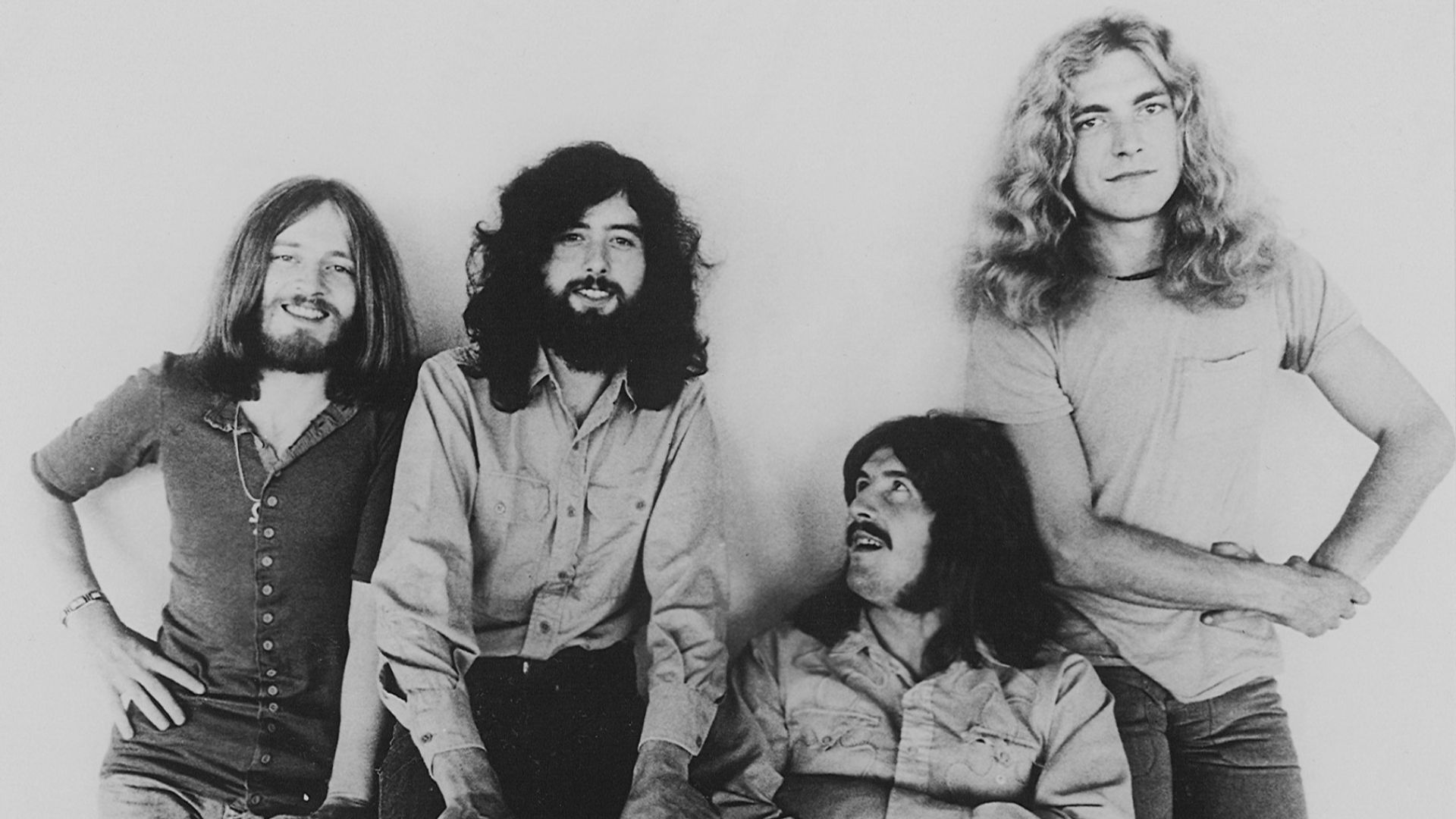 Atlantic Records, Wikimedia Commons
Atlantic Records, Wikimedia Commons
Led Zeppelin—The Curtain Call
Their last concert with Bonham came on July 7, 1980, in Berlin. It was the final stop on their “Tour Over Europe,” and no one could have guessed it would be their last. Two months later, Bonham was gone, and Zeppelin refused to carry on without him. Though they’ve reunited for brief one-offs, the band’s refusal to tour again only solidified their mythic status.
The Eagles
The Eagles were the architects of California cool. Blending rock, folk, and country, they wrote songs that defined the 1970s—Hotel California, Take It Easy, Desperado. But success came with tension. As fame and ego grew, harmony gave way to hostility, especially between Glenn Frey and Don Felder.
 Michael Ochs Archives, Getty Images
Michael Ochs Archives, Getty Images
The Eagles—The Curtain Call
On July 31, 1980, at a benefit concert in Long Beach, the cracks finally shattered. The band members bickered onstage, trading barbs instead of harmonies. It was their breaking point. They’d go on hiatus for over a decade before returning for the Hell Freezes Over tour in 1994, but that fiery night remains the stuff of rock ’n’ roll legend.
 Richard E. Aaron, Getty Images
Richard E. Aaron, Getty Images
The Who
The Who turned rebellion into an art form. With Pete Townshend’s windmill guitar, Keith Moon’s manic drumming, and Roger Daltrey’s primal screams, they became the soundtrack of a generation. Albums like Tommy and Who’s Next proved they weren’t just loud—they were visionary.
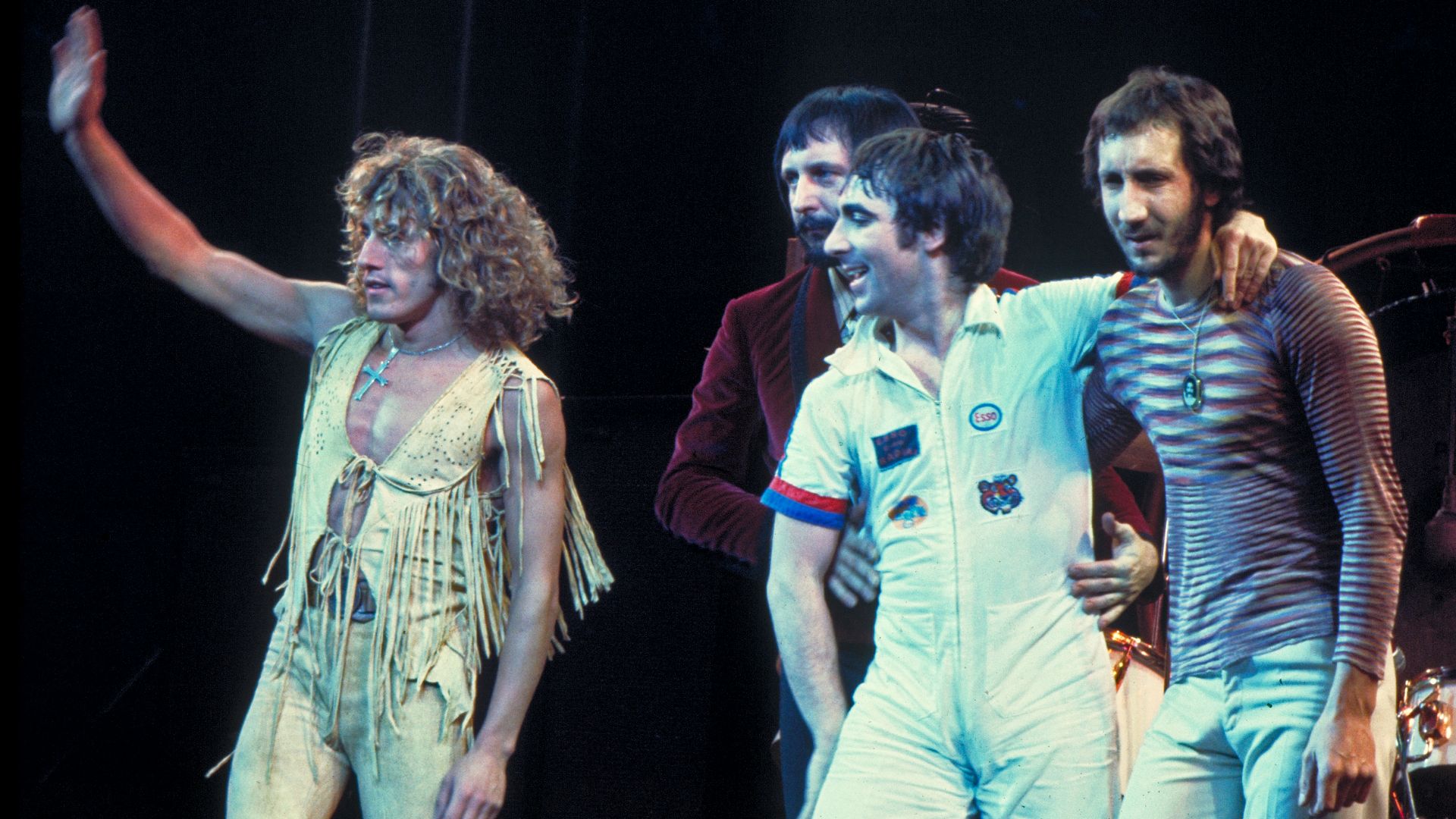 Jim Summaria, Wikimedia Commons
Jim Summaria, Wikimedia Commons
The Who—The Curtain Call
Their “farewell” concert on December 17, 1982, in Toronto was supposed to be the end. It wasn’t. The band returned for Live Aid in 1985, the Brit Awards, and countless tours since. In true Who fashion, even their goodbyes refused to stay put—because for rock immortals, the curtain never really closes.
 Michael Ochs Archives, Getty Images
Michael Ochs Archives, Getty Images
Guns N’ Roses
In the late ’80s and early ’90s, Guns N’ Roses were pure chaos wrapped in leather and eyeliner. Axl Rose, Slash, and Duff McKagan led one of the most volatile and exciting rock bands on the planet. Appetite for Destruction and the Use Your Illusion albums made them legends—but their egos were just as explosive.
Guns N’ Roses—The Curtain Call
Their final show before imploding came on July 17, 1993, during the Use Your Illusion tour. The tension was palpable, with lineup changes and backstage feuds dominating headlines. It took over 20 years for the classic trio to reunite in 2016, but that turbulent last show marked the end of an era—and the beginning of a myth.
 ullstein bild Dtl., Getty Images
ullstein bild Dtl., Getty Images
You May Also Like:
These Song Covers Put The Original Version To Shame
The Most Iconic MTV Music Videos
Iconic Songs That Turn 30 This Year
Source: 1


